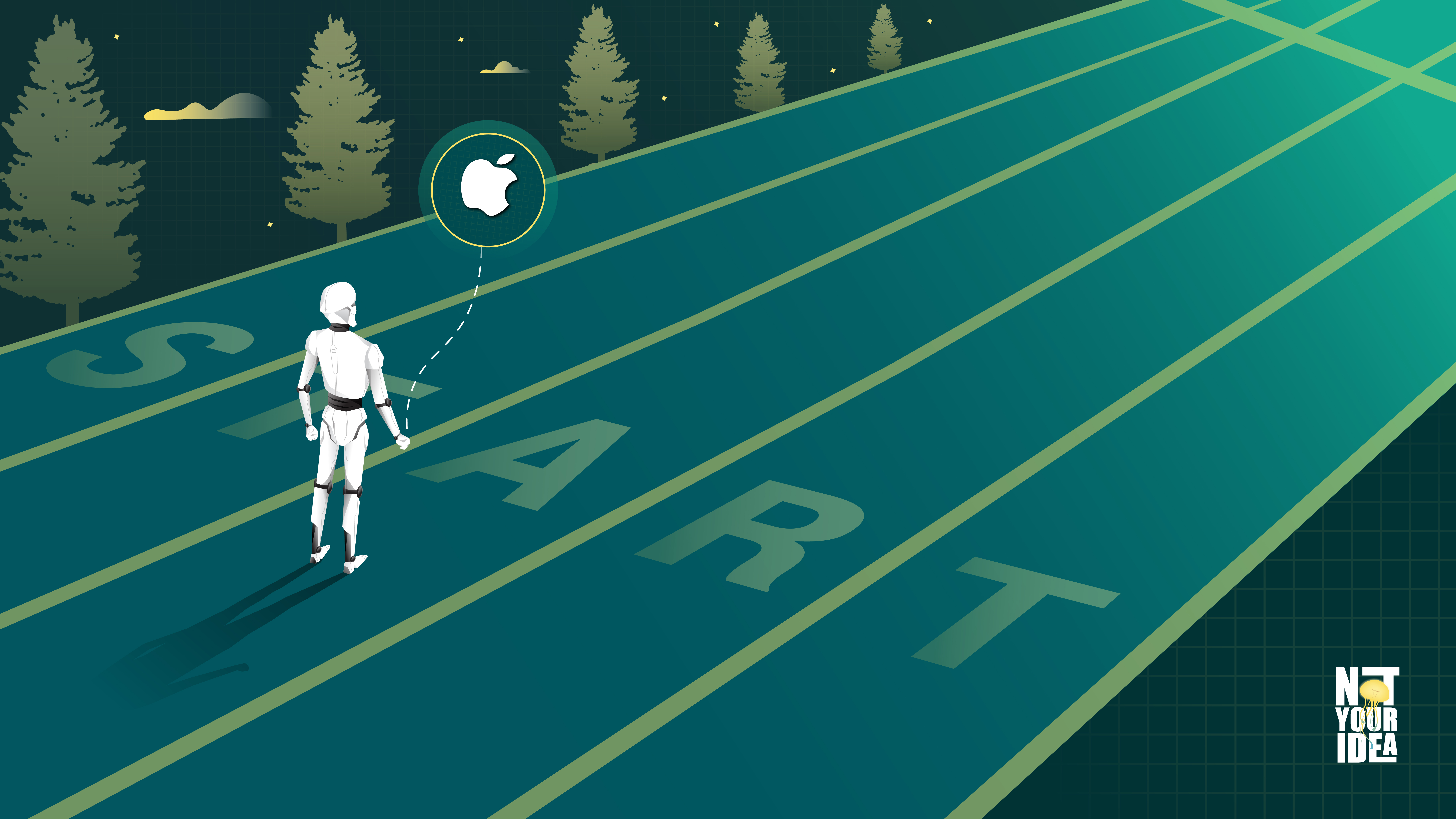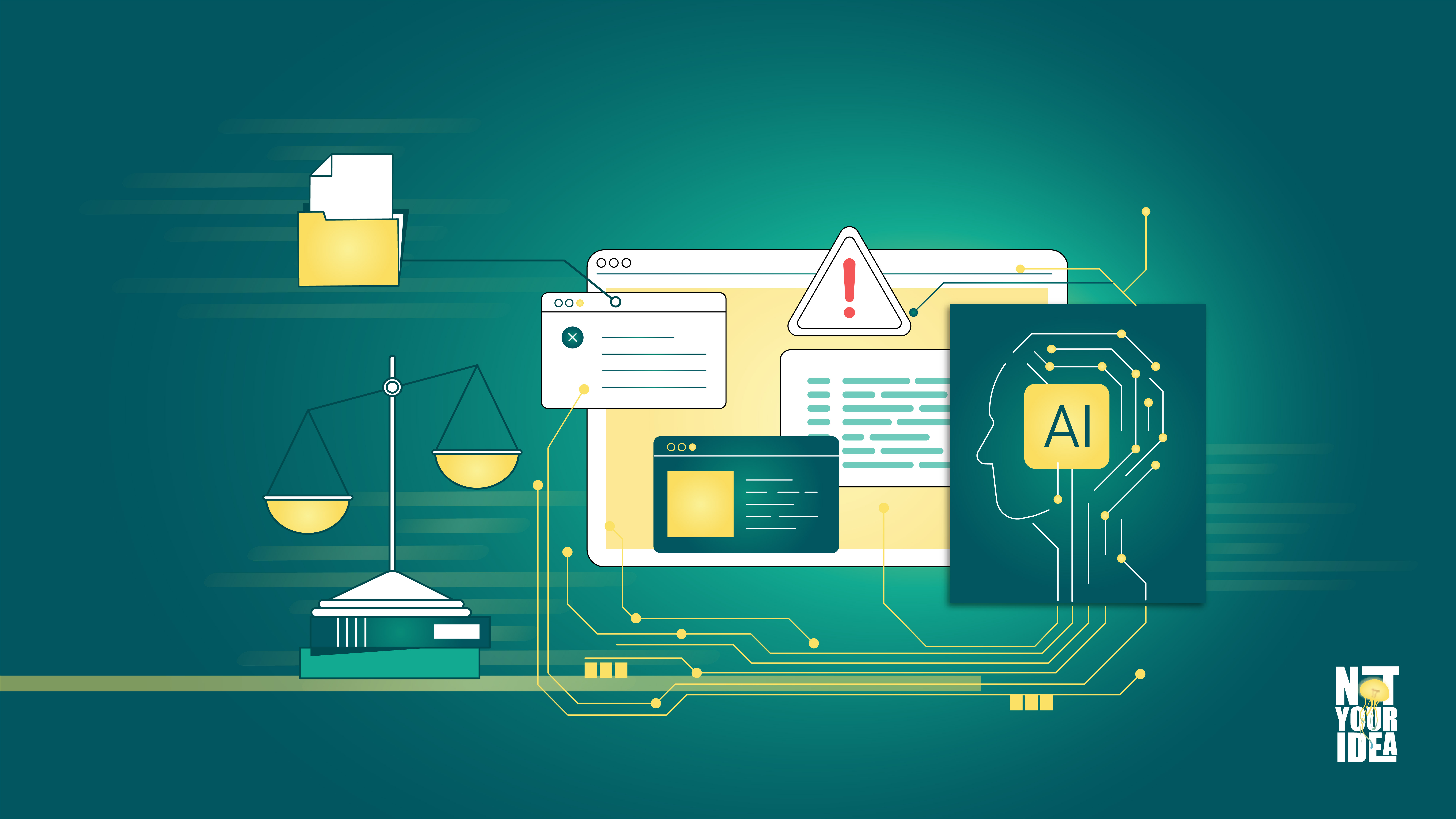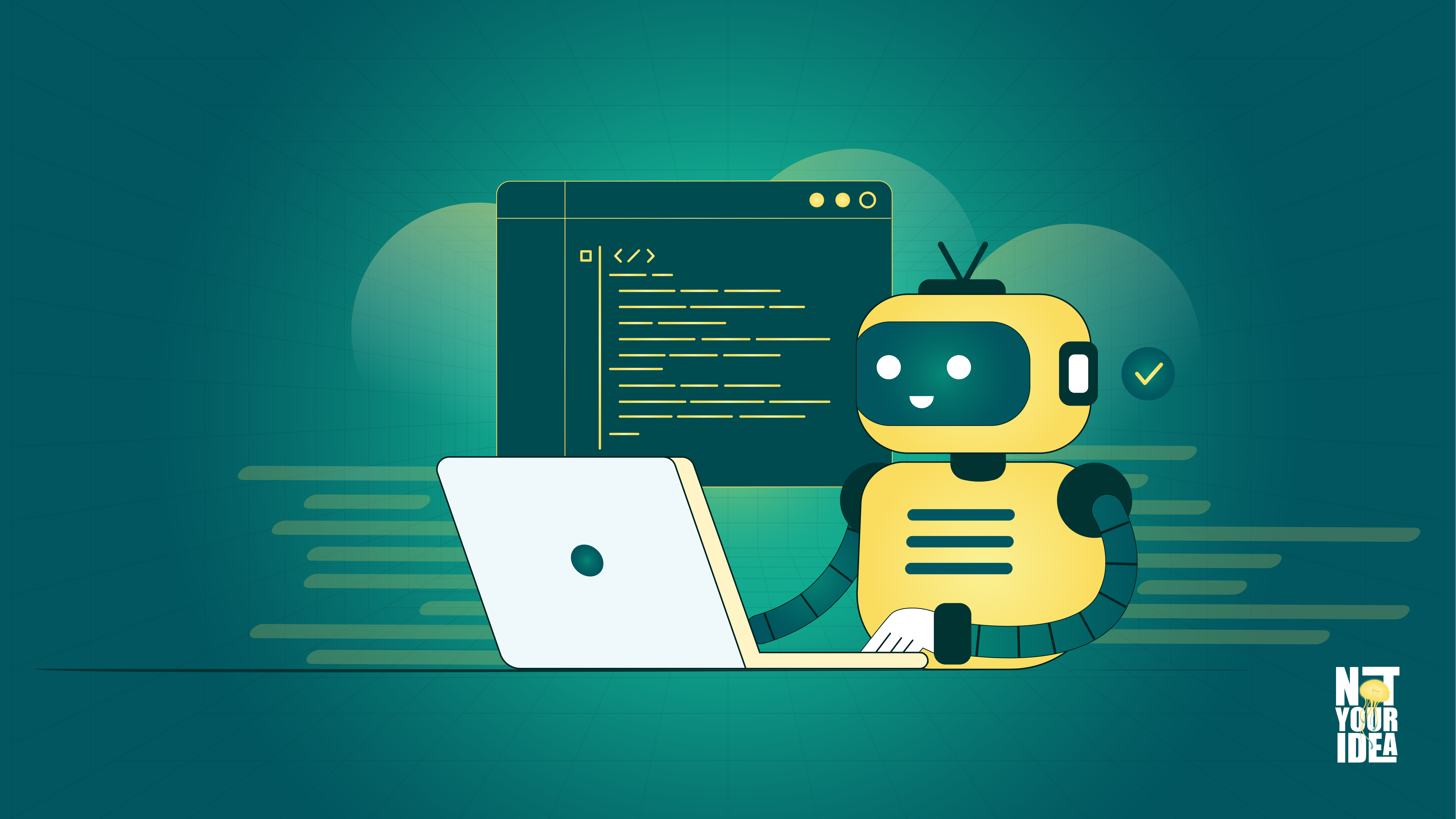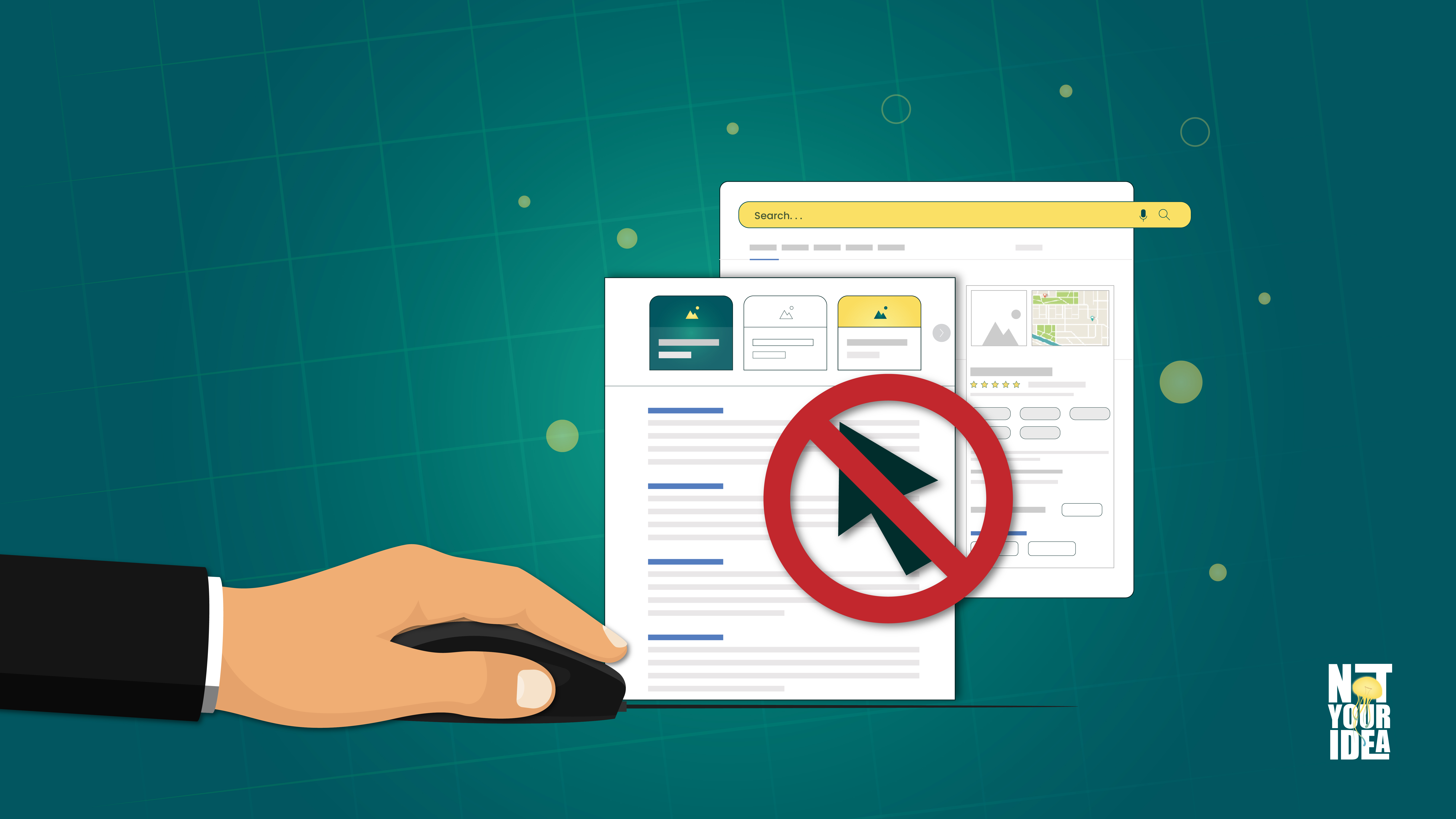When you think of Apple, you probably think of a company that’s always one step ahead. For years, the iPhone has been the gold standard, the device everyone else tries to beat. But lately, there's a buzz in the tech world. A new race has begun, and for the first time in a long time, Apple does not seem to be in the lead. We’re talking about the Artificial Intelligence (AI) race. While competitors like Samsung and Google are rolling out mind-blowing AI features, a huge question has been simmering in all our minds: Why is Apple, a supercomputer in our pockets, lagging in the AI game, and what does this mean for the brand we all know?
What is Holding Back Apple in the AI Race?
It is easy to say Apple simply dropped the ball, but the reality is more layered. The reasons for their slow pace are deeply tied to the very principles that made the company so successful.
1. The "Self-Inflicted Wound" of Privacy: The biggest reason for Apple's cautious approach comes down to its biggest promise: your privacy. Think of AI models like ChatGPT or Gemini as giant, public super-brains. They need access to a huge library of information in the cloud. This makes them incredibly smart and fast-learning. Apple, on the other hand, believes your personal information should stay locked on your device, which creates a major challenge because AI gets smarter by learning from tons of data. By limiting access to that data, Apple has essentially been forcing its AI to learn in a small, isolated room while its competitors get to study in the world's biggest library.
2. Siri Squandered the Lead: Remember when Siri launched in 2011? It was revolutionary. But while it was a great assistant for simple commands, its technology stagnated. As a result, the capabilities of Siri now feel outdated next to the complex, conversational abilities of modern AI assistants, effectively erasing the significant head start it once enjoyed.
3. A Culture of Perfection Meets Imperfect AI: Apple’s own culture is both a strength and a weakness in the case of AI. The company is famous for polishing a product until it's flawless before it ever reaches our hands. This cautious, "it just works" approach clashes directly with the world of generative AI. Modern AI is experimental by nature; it is meant to learn and grow in public, and sometimes it gets things wrong. This hesitation to release anything less than perfect was likely made worse by an internal structure where different teams worked on AI projects separately, rather than under one unified vision.
What Is the Impact on Apple?
For the first time in ages, Apple is exhibiting an "innovation deficit" in a key area. When new Samsung phones are advertised with "Galaxy AI”, the iPhone suddenly looks like it is missing a critical feature.
The best AI experiences come from downloading the ChatGPT app, using Microsoft Copilot, or interacting with Google’s Gemini while using an iPhone. This highlights a strategic dilemma unique to Apple. Rivals like Google and Microsoft do not have a multi-billion-dollar smartphone business to protect; they can push their AI services everywhere. Apple, on the other hand, can't just integrate a rival's AI without potentially undermining its own ecosystem and privacy promises.
This leaves the brand in an unfamiliar position: playing catch-up. For a company valued for being the leader, being seen as a follower is a significant blow to its brand image and a point of concern for investors. The iPhone is becoming less of a magical, all-in-one device and more of a beautifully designed vessel for its competitors' innovations.
Summing Up
The company knows it’s at a crossroads, and a major shift is reportedly on the horizon. Headlines are buzzing with news that Apple is in talks with Google to integrate Gemini’s powerful AI features, which could even replace Siri’s backend for complex queries in markets starting with Japan. There will likely be a catch wherein this advanced capability is offered as a controlled, monetized feature. Keep your eyes peeled for the next Worldwide Developers Conference (WWDC) in 2026, as it will signal the direction of Apple for the next decade.
FAQs
Who is Currently Winning the AI Race?
The AI race is currently being led by smartphone brands that are integrating AI, such as Samsung.
Why is Siri a Less Equipped AI?
Siri is limited to performing only specific tasks, such as answering questions and voice recognition. It relies on ChatGPT to solve complex queries for the user.
Is Samsung Overtaking Apple?
Yes, Samsung is overtaking Apple in terms of AI. It has integrated various AI features in its smartphones, such as the Galaxy Series.
What is Apple’s Strategy to Come Back in the AI Race?
Apple is slowly integrating AI into the iPhone, which can lead to replacing Siri to compete with its competitors. The focus is set on the next conference that will happen in the year 2026.



